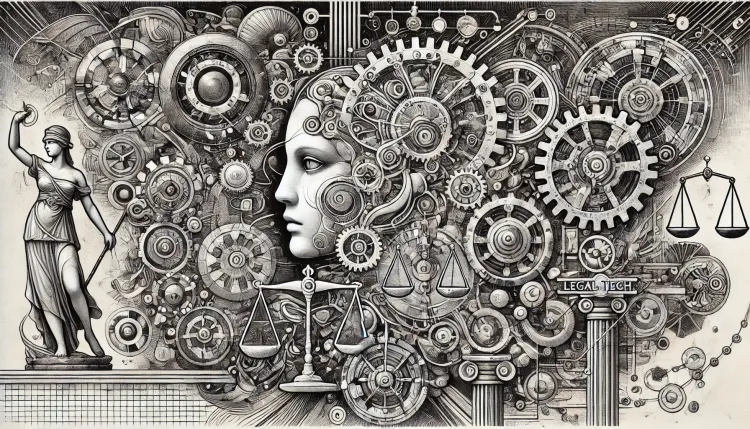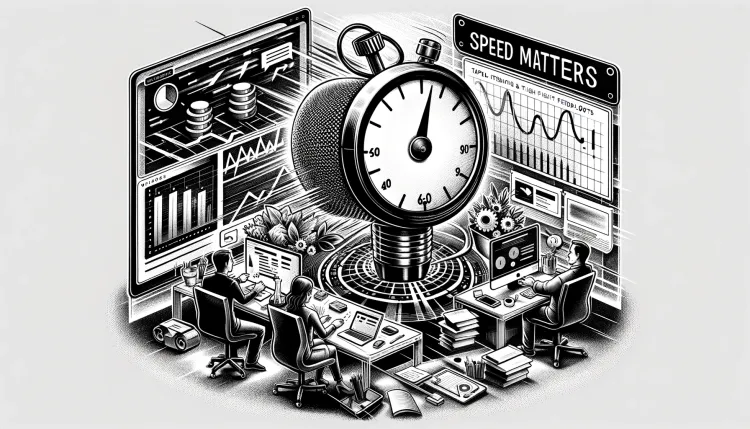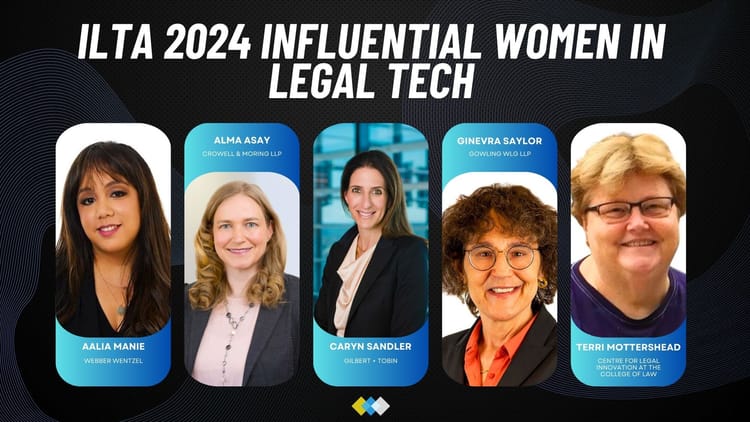Fringe Legal #25: fixing document dysfunction with "boring AI"
For those of you in the US, I hope you had a nice long Thanksgiving break.
As I write this, we are 91.51% through the year. Here are three items to take you into December.
THINK
A couple of weeks ago, I facilitated a 90-minute workshop for 20+ KM leaders in EMEA. The focus was on the changing role of knowledge leaders.
I won’t recount the whole thing here, but did want to share three things I took away:
- Dual focus: on the one hand, the role focuses on making changes, nurturing existing ideas, or maintaining existing databases, tools & document libraries. This is to keep the business profitable, sustainable, and strong. The other focus is on creating new business channels, new products, and new revenue channels.
- Lack of recognition: KM teams often don’t have a representative at the board/exec level. Even though they are, in many instances, the glue that holds many functions together, they don’t necessarily get the recognition they might deserve.
- Delayed altruism: knowledge management has delayed altruism because one relies on people doing things today that they’re not going to benefit from today, or a week, even in a month. It will help the business, but how do you bring people along for the journey?
This was a fun topic for me as I wrote a lengthy article on this a couple of months ago (to be published soon), and it would be useful to hear the practitioner’s point of view.
READ
Jean Paoli is one of the inventors of XML - and for two decades, he worked at Microsoft to make their products more standards-compliant.
Jean left MSFT and set on a mission to allow users to handle their unstructured data through his company Docugami. As Jean writes in a Medium piece:
As the digital transformation accelerates, the sheer volume and opacity of documents make it harder to ensure quality, consistency, accountability, and regulatory compliance. We call this problem “document dysfunction”...
...We think “Boring AI” could be a pretty big deal.
We envision a world where documents that are written for humans can, quickly and securely thanks to AI, be understood as data by computers. Even better, we envision a world where AI helps people construct documents that are engineered for maximum data reuse from the start, fostering human creativity and unlocking billions of dollars in increased efficiency, improved compliance, and business insights for companies around the world.
The article is well worth a read, and the exciting part (at least for me) are the five principles that Jean feels will lead to a more effective solution.
READ
As many corporates and firms continue to work from home or move to a hybrid/fully remote workplace, being visible at work becomes challenging.
Dennis Garcia (Associate GC at Microsoft) wrote a piece on increasing your visibility in the virtual world. I almost didn’t read this but gave in, and thankful as there are some useful insights here.
A piece that stuck with me was to create “Impact” reports:
Periodically provide your manager and senior clients with a short report that depicts the positive impact and value that you and your teams are delivering to your clients. As you develop this report focus on the impact that you are delivering – instead of a list of activities – that are aligned to the key objectives of your clients and your legal department. Also try to quantify the business impact of your primary accomplishments that drive positive impact for your employer.
How did you like this article?






Become a Fringe Legal member
Sign in or become a Fringe Legal member to read and leave comments.
Just enter your email below to get a log in link.